- Join Us
- Login
- EEA ToolKit
- Employment Essentials
- Frequently asked
- Contracts and wages
- Time off work & absence
- Staff management & training
- Workplace disputes
- Dismissals and resignations
- Pregnancy and children
- Avoiding discrimination
- Redundancy and Retirement
- Other responsibilities
- Legal Helpline
- Recruitment
- Good Recruitment
- New starters
- Find a groom
- Good Employment
- Resources
- Downloads Library
- EEA Pension & Payroll
- Safe workplace
- Employers Minds
- Transporting horses
- Riding Establishment Licences
- Member discounts
- Business Hub
- Equestrian businesses
- The business plan
- Business compliance
- My clients
- Livery Contract Creator
- Financial matters
- Business challenges
- Marketing
- The EEA
- Employers Life
- Contact

Employer's Life
The cost-of-living crisis is causing huge concern for everyone. Over 100 equestrian employers responded to our recent survey on the impact the rise in the cost of living is having on the equestrian industry. 84% of these employers have said that their mental health has been affected by financial worries. THE BREAKDOWN OF SURVEY RESPONDENTS IMPACT TO BUSINESS The results show some worrying statistics that employers and business owners are facing: AFFORDING THE NMW Alarmingly, 63% of respondents anticipate not being able to afford to pay staff at least the National Minimum Wage in the near future. This is extremely concerning as it is a legal requirement and failure to comply could get employers into deeper financial and legal difficulties, which they simply cannot afford. The ability to meet the requirements of the National Minimum Wage and other statutory payments was among the top risks to maintaining good employment practices, with 56% of employers identifying this. 57% anticipate a difficulty in recruiting staff due to low wages, with 23% fearing that they will not be able to meet the requirements of the Working time regulations (legislation covering holiday entitlement and rest breaks). Cost of Living Crisis
8th November 2022
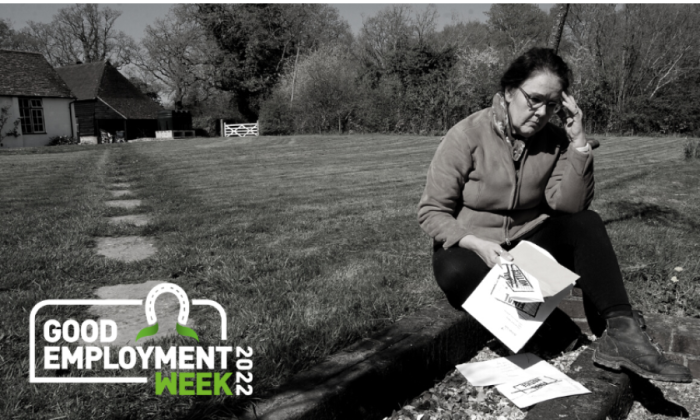
62% have seen a reduction in people able to afford regular riding or coaching sessions.WHAT CAN EMPLOYERS DO?
BLOG ARCHIVE
- 2026 (3 ENTRIES)
- 2025 (18 ENTRIES)
- 2024 (10 ENTRIES)
- 2023 (10 ENTRIES)
- 2022 (6 ENTRIES)
- 2021 (4 ENTRIES)
- 2020 (7 ENTRIES)
- 2019 (14 ENTRIES)
- 2018 (9 ENTRIES)

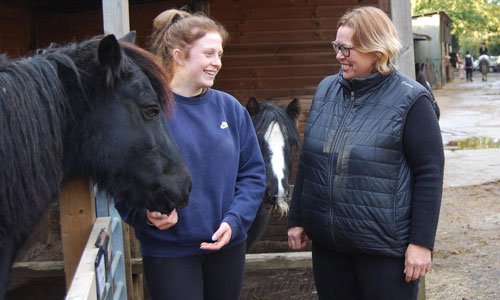















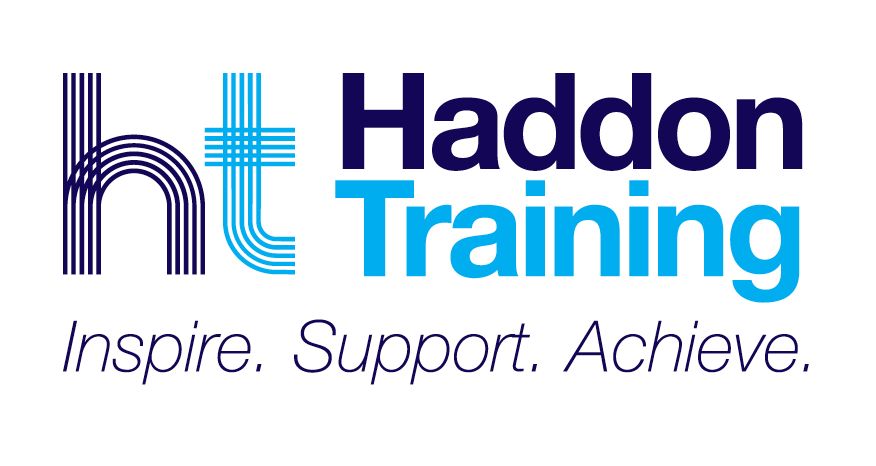
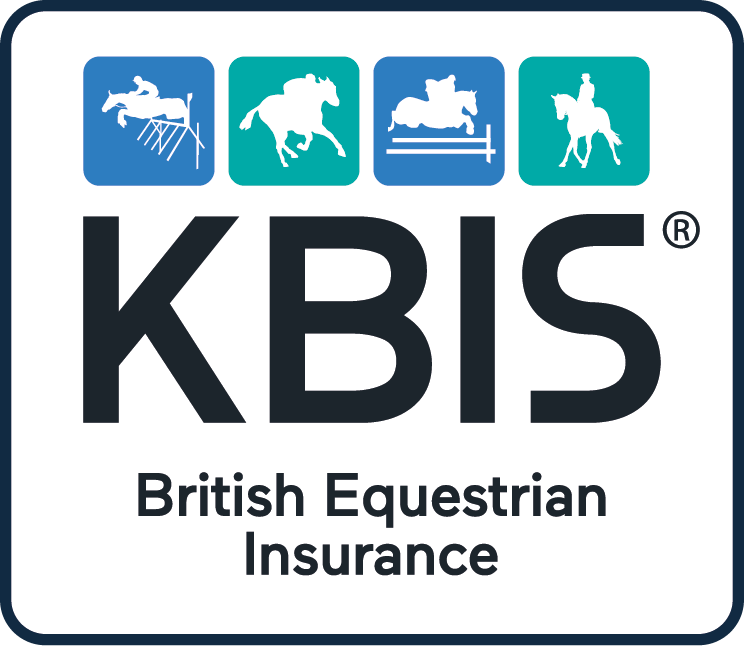
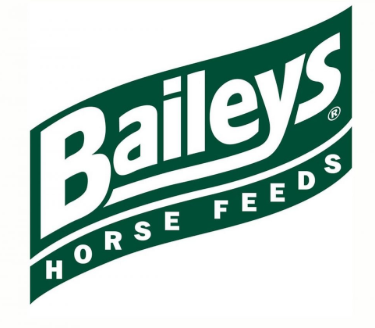


-Small.jpg)



